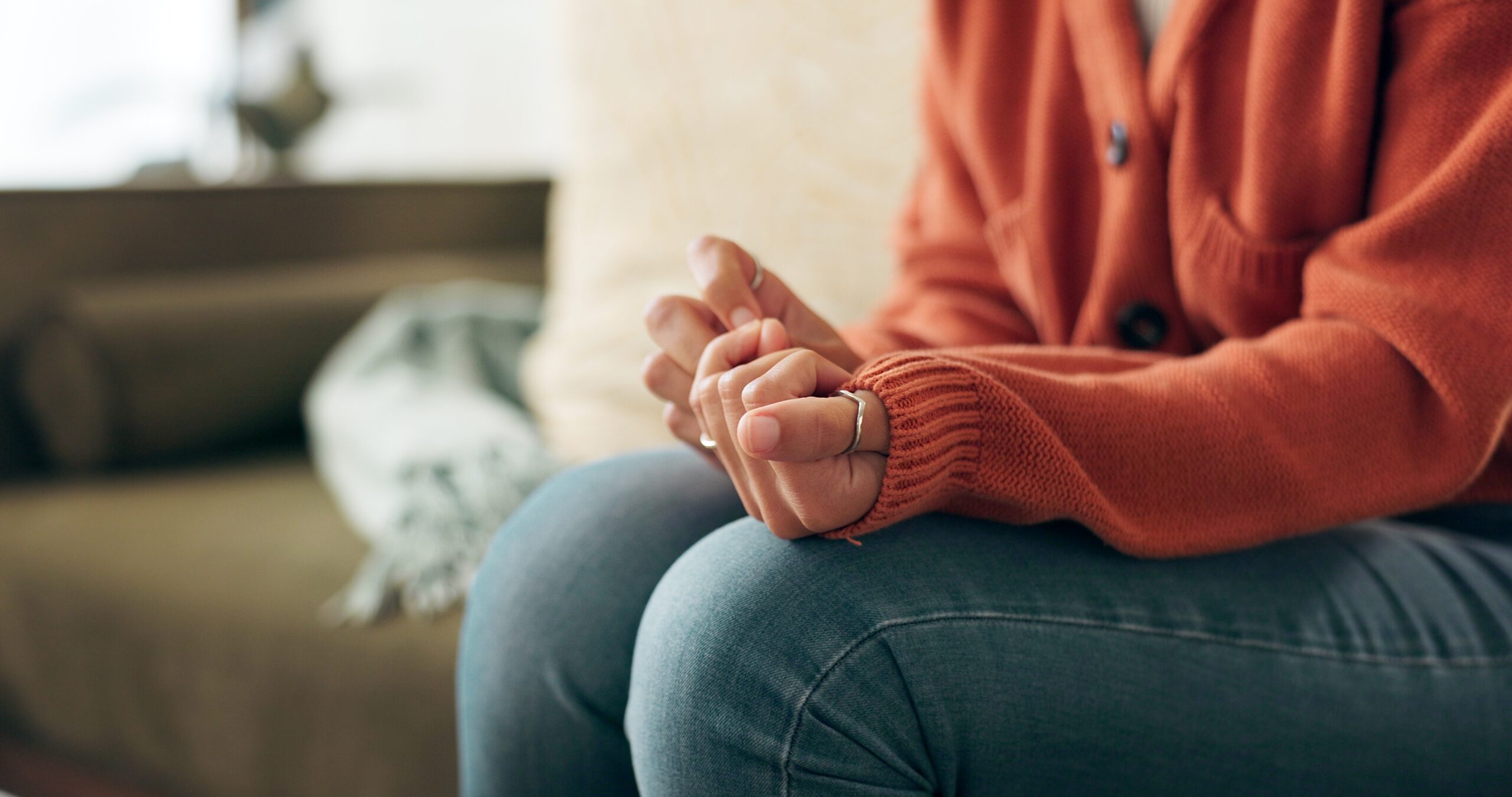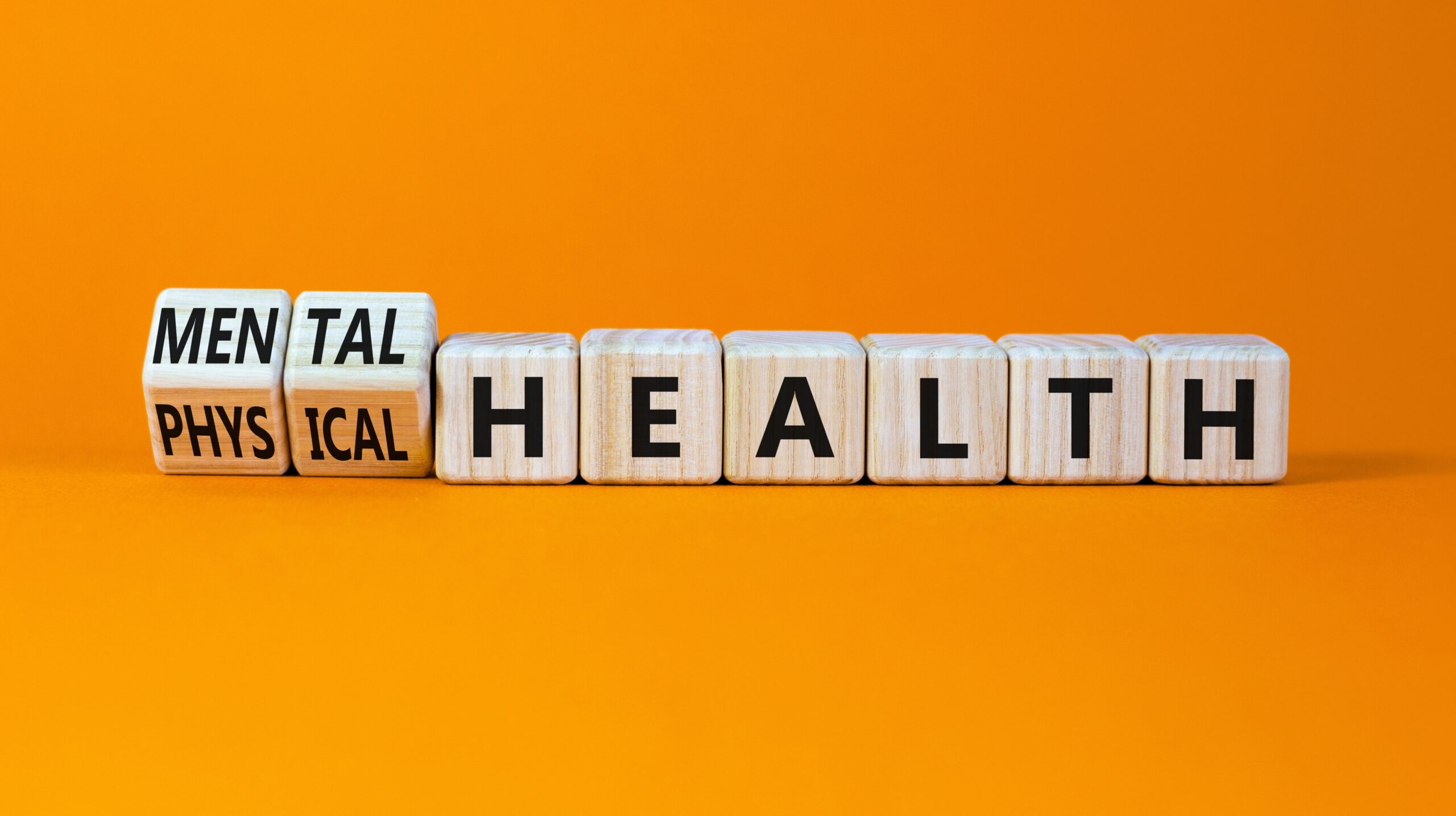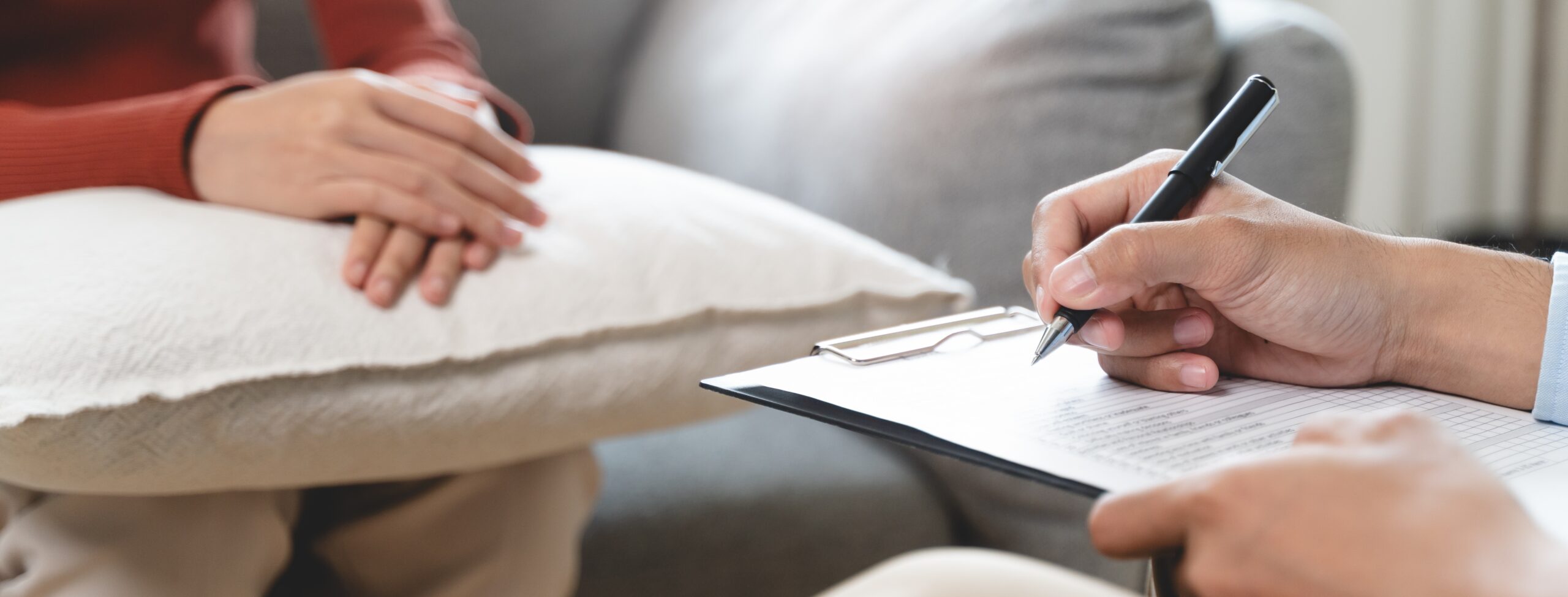Thinking about starting therapy but not sure what it actually involves? You’re not alone. Whether you’re dealing with anxiety, burnout, grief, or just feeling stuck, therapy can be a powerful tool for clarity, healing and growth. But getting started can feel overwhelming. This guide explains exactly what therapy is (and isn’t), what to expect from your first session, and how to find a therapist who feels right for you. Because asking for help isn’t a weakness — it’s strength in action.
Outline
- What Is Therapy, Really?
- How Therapy Can Help (And Who It’s For)
- What Happens in a Therapy Session?
- Common Therapy Myths – Debunked
- How to Find the Right Therapist
- How to Know If It’s a Good Fit
- Final Thoughts: Therapy Is for You, Too
What Is Therapy, Really?
Therapy is a safe, confidential space where you can explore your thoughts, emotions and behaviours with a trained professional. It’s not about giving advice or fixing you — it’s about:
- Helping you understand yourself better
- Developing tools to cope with life’s challenges
- Processing difficult experiences
- Finding clarity and confidence
Therapy is like mental fitness — not just for when things fall apart, but for ongoing growth too.
How Therapy Can Help (And Who It’s For)
Therapy isn’t just for “serious” issues — it’s for anyone who wants to feel better or gain perspective.
Common reasons people go to therapy:
- Anxiety or depression
- Stress or burnout
- Relationship issues
- Trauma or loss
- Life transitions (break-ups, career changes, moving)
- Low self-esteem
- Feeling stuck, numb, or overwhelmed
You don’t need a diagnosis to deserve support. If something’s on your mind — therapy can help.
What Happens in a Therapy Session?
While every therapist has a slightly different style, most sessions follow a basic structure:
Your first session:
- A chance to talk about why you’re there
- Go over confidentiality and how sessions work
- Share your history, lifestyle, mental health background
- Discuss goals for therapy (if you know them — it’s okay if you don’t!)
After that:
- You’ll meet regularly (weekly, fortnightly etc.)
- Talk through what’s coming up for you — emotions, challenges, insights
- Your therapist might ask questions, reflect things back, or offer exercises
- You’ll start building trust and momentum at your own pace
💬 Think of it as guided self-discovery — not an interrogation or lecture.
Common Therapy Myths – Debunked
“Therapy is only for people with serious problems.”
→ Nope. Therapy is for anyone who wants more peace, perspective or personal growth.
“The therapist will tell me what to do.”
→ Not quite. They’ll guide and support you, but they won’t make your choices for you.
“I’ll have to lie on a couch and talk about my childhood.”
→ You can sit in a chair, lie down, walk around — whatever’s comfortable. And while your past may come up, it’s not the only focus.
“Therapy takes years.”
→ Some people go long-term. Others feel better after a few months. It’s flexible and personal.
How to Find the Right Therapist
Finding a therapist is a bit like dating — it’s about compatibility, not just credentials.
Step 1: Think about what you’re looking for
- Someone warm and nurturing? Or more structured and practical?
- Do you want online or in-person sessions?
- Do you prefer a therapist of a certain gender, background or age group?
Step 2: Explore directories
Try UK platforms like:
- BACP’s Therapist Directory
- Counselling Directory
- NHS Talking Therapies
- BetterHelp or Spill (online)
Step 3: Reach out
Send a short message explaining:
- Why you’re seeking therapy
- What type of support you’re looking for
- When you’re available
- Any budget or insurance details (if applicable)
Most therapists offer a free initial call — use this to see how it feels.

How to Know If It’s a Good Fit
You don’t have to click instantly, but here are signs it’s working:
- You feel heard, not judged
- You leave sessions feeling lighter or more aware
- You feel safe enough to be honest
- The therapist respects your pace and preferences
- You’re starting to see subtle shifts — even small ones
Not feeling it? That’s okay. You’re allowed to try someone else. You deserve a therapist who gets you.
Therapy is most effective when you feel comfortable and supported — trust your gut.
Final Thoughts: Therapy Is for You, Too
Therapy isn’t just for “other people” — it’s for you, in whatever stage or state you’re in.
Whether you’re feeling lost, angry, burnt out or simply curious, therapy can help you feel more connected, calm and confident.
You don’t need to have all the answers — you just need to start asking the questions.








